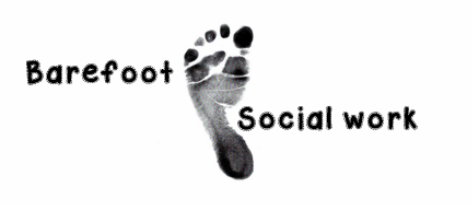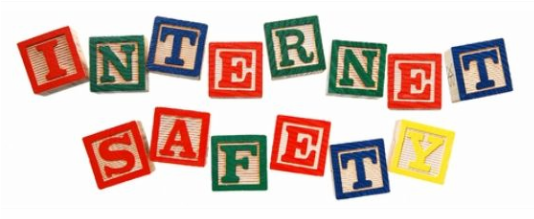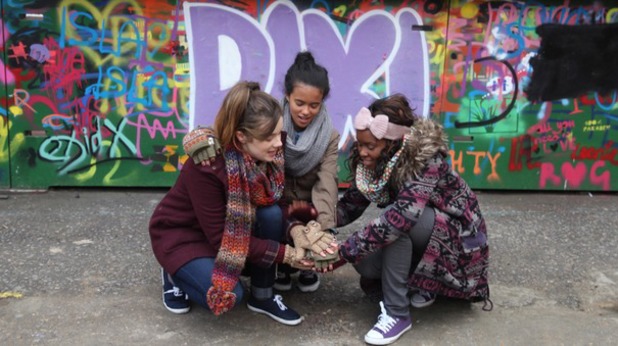|
I was overwhelmed at the positive response I got for my earlier post about Protecting Young Children Online (Thank you for sharing!) so as promised I am following up with one for older children in Key stage 2. The tips below should be used in addition to the security measures outlined last time. Of course, you might want to give them access to a greater range of websites now that they are older; however, you should still ensure that they are age appropriate. Technology and the internet has changed a lot since we were kids and keeping up to date can be a challenge. Many parents feel overwhelmed as their children’s technical skills seem to far exceed their own. However, children and young people still need support and guidance when it comes to managing their lives online if they are to use the internet positively and safely. There are a number of books and online resources available to increase your technical knowledge and skills. If you aren't that confident online or with electronic devices it might be worth brushing up now before the kids really surpass us in their adolescent years. Is your child safe online? A Parents Guide to the internet, facebook, mobile phones & other new media is a great starting point. It covers all forms of new media - iPhones, apps, iPads, twitter, gaming online - as well as social networking sites. If you want to learn more of the techie stuff behind maintaining personal privacy Internet Privacy For Dummies is a really accessible quick reference guide. Topics include securing a PC and Internet connection, knowing the risks of releasing personal information, cutting back on spam and other e–mail nuisances, and dealing with personal privacy away from the computer. The UK Safer Internet Centre offers a Parents' Guide to Technology. It introduces some of the most popular devices, highlighting the safety tools available and empowering parents with the knowledge they need to support their children to use these technologies safely and responsibly. The NSPCC and NetAware have also created a brilliant resource detailing sites, apps and games that they have reviewed. It's a huge database telling you what they are, why kids like them, and it gives an age rating to help you to judge whether it's appropriate for your child. Anyway, back to protecting your big kids... One of the best ways of safeguarding your child online is to maintain open channels of communication.
It’s never too early or late to start talking to your child about staying safe online. There are a number of great resources available for parents and professionals to access and download. On my earlier post I showed you Smartie the Penguin by ChildNet. For children in key stage 2 there’s The Adventures of Kara, Winston and the SMART Crew. It’s a cartoon and each of the 5 chapters illustrates a different e-safety SMART rule.  is for keeping safe. Be careful what personal information you give out to people you don’t know  is for meeting. Be careful when meeting up with people you’ve online chatted to online.  is for accepting. Be careful when accepting attachments and information from people you don’t know they may contain upsetting messages or viruses.  is for reliable. Always check information is from someone reliable and remember some people may not be who they say they are.  is for tell. Always tell a trusted adult if something or someone online is making you worried or upset. You can watch the full movie online or download it to a device for later. For children at the older end of this age group, CBBC has an online comedy drama called Dixi. Dixi both encourages children to enjoy the creativity of the internet while also getting them to think about the potential dangers of social networking, from online privacy and safety settings, to the real-world consequences of cyber bullying. Cheryl Taylor, Controller of CBBC, says: “It’s important to raise awareness about safety online and Dixi does this in an engaging, educational and entertaining way”. There are also games that complement the drama for children to access through their website. You could also sit down together to watch the film below by the Child Exploitation and Online Protection Centre. It’s called 'Jigsaw' and is suitable for this age group. It helps children to understand what constitutes personal information and enables children to understand that they need to be just as protective of their personal information online, as they are in the real world. It also directs them where to go and what to do if they are worried about any of the issues covered. It could be a great conversation starter and open up the channels of communication. I hope that you find this helpful. It can be a little intimidating when our children venture into the virtual world but with support and boundaries they will have have access to a resource with huge educational and social value. I'll post again soon with tips for supporting Teenagers / Young People in the digital age. Please follow me on facebook so that you don't miss it!
0 Comments
Your comment will be posted after it is approved.
Leave a Reply. |
AuthorI'm a Qualified Children's Social Worker with a passion for safeguarding and family support in the UK. Archives
August 2016
Categories
All
|




